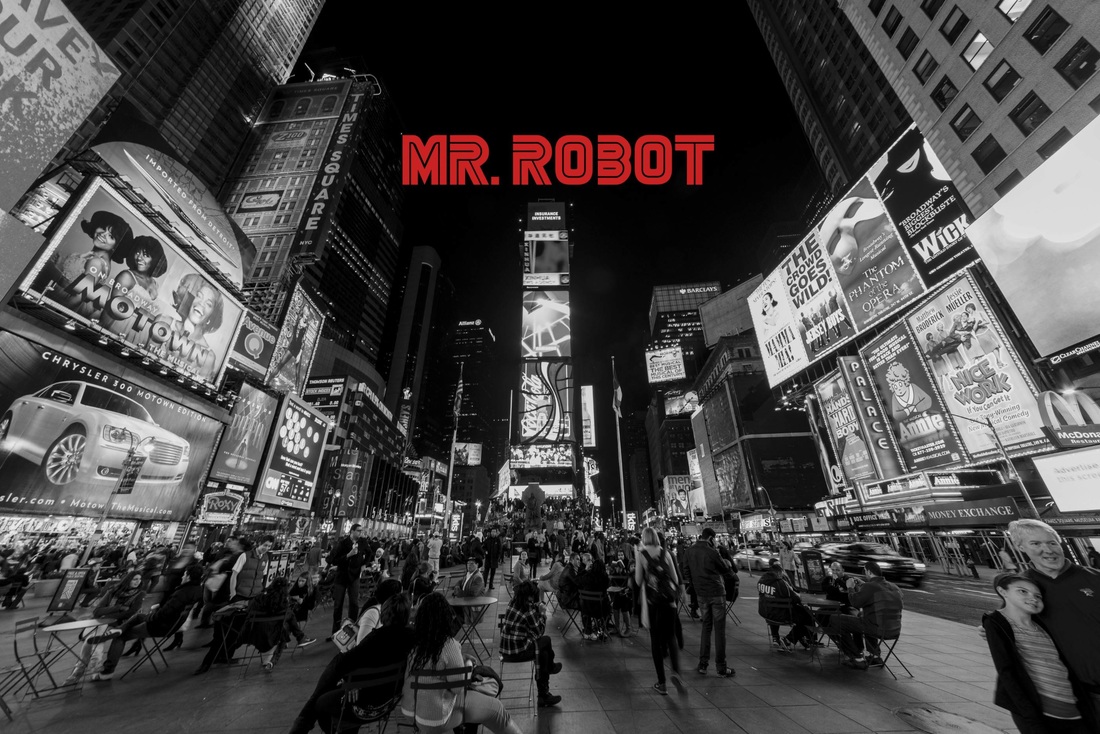For a long time now, I've told clients, seminars and business people that when you put together your social media presence, regardless of the platforms you choose to be present on, you don't own your accounts on those platforms. Many misunderstand what I mean by that and assume that I mean you're essentially building on channels owned by Mark Zuckerberg. There is an element of that, in as much as these platforms can change overnight without consulting you, but that's not entirely what I'm getting at. What I mean is that when you dive headlong into social media there's actually very little that you control, whether you choose to believe it or not. Trends, best practice and virality all ebb and flow like tides and whilst you can ride those waves, you're never actually in control of them.
Why aren't you in control of them? Mr Robot would tell you that control is an illusion and to an extent it is when it comes to social media. I have seen agencies spend millions on social media campaigns that use all their local knowledge and the best marketing minds in the business, but their campaigns can be forgotten in days if they don't resonate with people. That's the real reason you're not in control, it's because social media is populated by people and powered by algorithms. People that can be notoriously unpredictable and algorithms that attempt to predict how predictable those people actually are. Starting to see why you're not in control? Which is why it's incredibly important to think less about creating content for 'categories' of people and invaluable to think more about creating it specifically for people. Think less about the kind of shoes they wear or the brands they buy and focus more on what they feel, how they react to stimuli. Which got me thinking about another quote from the Mr Robot television show and how people behave on social media. Rami Malek's character Elliot Alderson openly admits that he's not on Facebook, because he hates Facebook, but it's because he sees the activity therein as of no value to him. He describes it as: We text We email We reply all We sign up We sign in We post We repost We tweet We like We link We friend We unfriend We follow We tag We hashtag We LOL We TMI We happyface We comment We heart We say nothing And therein lies the problem. That last sentence 'We say nothing' applies to a lot of the campaigns I've seen fail on social media. They just didn't say anything or left the audience guessing at what they meant or confused as to how they were supposed to feel or react. At the PopUp Business School we call that the 'Ronseal' test. Ronseal were famous in the UK for running ads about their products with the tagline 'It does exactly what it says on the tin'. Your social media marketing and campaigns have to tell the audience what they're for, why they need it, how they can be involved. Do you see where I'm going with this? When you create content you must say something and you must say something to someone. You're trying to connect with people, you have to speak their language, you have to speak to them personally and you have to make them care about why you're doing it. You can't control how you make someone feel, but you can interact with them on a level that makes them feel, makes them care, makes them want to get involved. After all, that's what we mean by social, right? Thanks for listening to me think out loud, let me know what you feel on the subject. Yours Socially M
0 Comments
Leave a Reply. |
Archives
October 2023
|


 RSS Feed
RSS Feed
